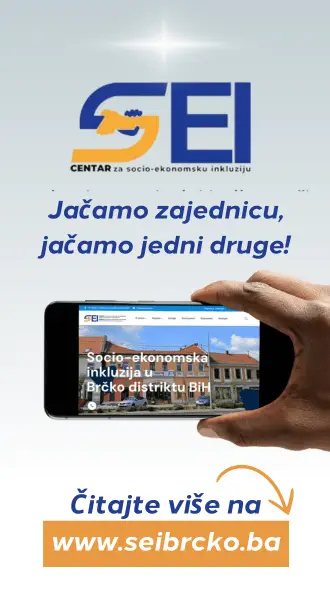The Association of Roma Women „Bolja Budućnost“ from Tuzla, Bosnia and Herzegovina, today held a video conference on the occasion of International Roma Day and exactly 50 years since the first Roma Congress in 1971 via the Zoom platform.
Given the fact that CARE International Balkans has been committed for more than 15 years to support the Roma population, primarily by empowering the organizations that represent Roma women, but also individuals, the director of this organization, Sumka Bučan, also spoke at today’s event.
“50 years ago, the Roma men and women spoke in a united voice at the first Congress and let everyone know that their rights were endangered. Almost everywhere in the world, and thus in the region and in BiH, Roma people are a minority and live on the margins of society, they do not have adequate access to rights and they are viewed with prejudice,” Bučan pointed out.
She stated that the bad situation in Bosnia and Herzegovina when it comes to marginalized groups is further aggravated in crisis situations, as shown by the corana virus pandemic where many lost their jobs.
“The focus of CARE’s program is the empowerment of women, and in accordance with our mandate, we have mostly dealt with the rights of Roma women through support to Roma women’s organizations and networks. I must emphasize that, given the overall situation, which I have been talking about, some progress has been made. Since our first activities, when we had only one Roma women’s organization “Better Future” in BiH, today we have a Roma women’s network that is recognized as a key player when it comes to representing and advocating for the rights of Roma women,” said Bučan.
She pointed out that, thanks to Roma women organisations, improvements such as access to health services and the health of Roma women have been improved. Also, as she said, today we talk openly and addresing the issue of gender-based violence, early marriages, and the inclusion and retention of children in the school system.
“I am proud to say that even in crisis situations, from the floods of 2014 to the current crisis caused by the pandemic, we were able to intervene and provide assistance to those who needed it most through aid packages, community engagement, but also economic aid packages. This would not have been possible without the dedicated engagement of our partners, Roma organizations in the field, and the knowledge they had about the situation in their communities. And I am immensely grateful to them for that”, she concluded.









